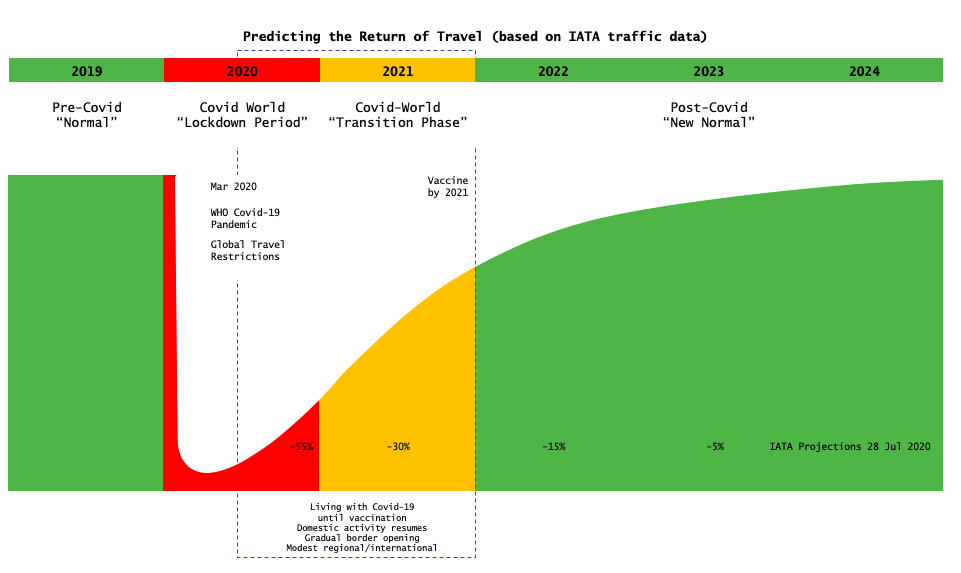ABOUT one month ago, people in Hong Kong were expecting further relaxation of social distancing measures, expecting a continued streak of zero domestic Covid cases, expecting announcement on travel into mainland China without quarantine, and expecting to be able to attend social events, concerts and celebration activities.
Come January 5, people were disappointed although they understood the rationale behind the strict social distancing regulations. I was particularly disappointed because I had to kiss goodbye a long anticipated golf game and a pair of very-hard-to-get concert tickets. Disappointment aside, my immediate response was to develop contingency measures for all my upcoming events. As a teacher, the change was easy. I simply spent the next few days revising lecture presentations so that they can easily be converted into online materials.
For F&B operators, the impact must be devastating. I started to receive phone calls from hotels and restaurants reminding me of the reservation cancellation. Needless to say, they did not sound very optimistic when they called. As a customer, the best I could do was to cheer them up by indicating that I will revisit once the restrictions have been lifted.
Backgrounder… Hong Kong reimposes Covid curbs
I had a chat with a few of the MICE operators. It appears to me that most of the commercial activities incepted over the past few months had some kind of contingency provision in case the government were to re-introduce social-distancing regulations. As service providers, the MICE operators simply activated the provision for their clients. Of course, there would be changes to the format, the scale and the deliverables, but this time around the business events industry, including the clients, seems to be much more prepared.
Staying flexible is the key to survival in times like this, but there must be millions of dollars of damages on deposits paid to venues, F&B outlets, production houses, and service providers. However, the industry must also think of ways to not just “survive”, but rather to “think outside the box” in coming up with innovative ideas to generate revenue for online events.
More from Roy Ying… Post-pandemic events: boom or trough?
According to the latest survey by Event MB, 39 per cent of respondents indicated that there was no profit in producing online events. Although I didn’t have the chance to interview these respondents, I have a feeling that they said “no” because they were producing online events using the revenue/cost structure of a face-to-face event.
Had an event been planned from scratch as a virtual production, the organiser could potentially profit from an expanded pool of audience, a cheaper venue, virtual zero F&B expense, while content that could be re-run via on-demand podcasts. With a totally different modus operandi, business event operators should seriously look at how to equip themselves with tools and knowledge in producing events that can sustainably yield some return on investments.
Roy Ying is a MICE professional with over 25 years of industry experience. He has held senior public relations, marketing and general management roles in MTR Corporation, Royal Institution of Chartered Surveyors, Hong Kong Chamber of Commerce, Mission Hills Golf Club, Hong Kong Trade Development Council and Jardine Matheson. His signature projects include the public engagement campaign for the opening of the High-Speed Rail connection from Kowloon to China’s national network and the inception of the annual RICS Hong Kong Property Awards. Roy is now a visiting lecturer at Hang Seng University of Hong Kong focused on Global Marketing, Advertising and Integrated Marketing Communications




Dave says:
It seems that Roy Ying is writing from the perspective of a person working for a large employer with deep pockets and not from the position of someone actually running a venue, an exhibition organizer or an events company.
His take is unthoughtful & academic and disregards cashflow: a postponed or cancelled event means no income. Businesses not originally established as virtual events companies (which have only been a thing since the pandemic) have existing infrastructure, assets and cost bases. Maybe Mr. Ying should join us in the real world.
Roy Ying says:
Hi Dave! Very pleased to see your comments. I understand the pressure of event managers. Afterall, I was in the same position as yours when I was in charge of RICS’ portfolio of conferences and events in Asia a few years ago. The key message I was trying to convey is the need for Plan B. Whenever we strike a deal with sponsor, book a venue, invite a speaker or even sell a ticket, we should think of “what if the event needs to be canceled?” I know it’s very hard, but it’s inevitable that we need to face this reality.